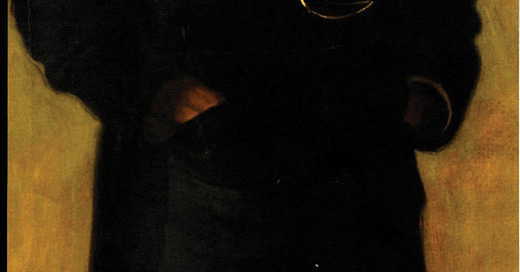"Stoner" by John Williams | Book Review
The complexity of choices are commonly overlooked in our day to day lives. The majority of the time, choices are decided upon within an instant. On a quick, initial whim. However, within every single individual’s life are choices that will purely define who one is. These different decisions might correlate to one’s job, one’s intimate relationship, and one’s own morality. A crucial part in one’s life, the early developmental years, heavily influence these decisions. Even if one does not directly recognize this, it is true. As a potter creates a specifically detailed mold for each piece, every human has a mold cast for them. One can fill the mold, completely, becoming who they had been molded to be. Some people may not completely fill the mold, or might even topple over its edges. Yet, there are some individuals who crack their molds. Rupturing the image perceived of them and breathing something new into life. Many stories traditionally follow these characters, ones who can define their story with their uniqueness. However, William Stoner does not break the mold. For once his shape was set, he filled it as many other individuals do, albeit with some hiccups.
Ostensibly Stoner is a straightforward novel about a simple man's ordinary life detailed chronologically with prose of extreme clarity and simplicity; but what lies beyond this outward appearance is a story so moving and hauntingly beautiful that you come to realize that there's truly no such thing as an "ordinary life"
Above all else, this novel is a celebration of life; the complexities, trivialities, and experiences (good and bad) that make it one's own, give it texture and meaning, and ultimately make it worth living. Through William Stoner you see what it means to live, to truly live. It unearths the terrible ugliness of life, but also the subtle beauty hidden within that.
A triumph in all senses of the word. Williams writes with an unparalleled precision and fluidity; he tells what you need to know and not much else - his writing style is very far from maximalist, in a good way.
He is able to take these grand ideas and express them in ways so easily comprehensible; and to me, that's the sign of a good writer.
Another thing was how much the ending spoke to me; at the end of Stoner’s life his indifference to pain and death reminded me much of my Grandfather. In some ways his frailness and stubbornness in his ability to continue the work of his youth mirrors my Grandpa. I felt the emotion rise in my throat and a relation to Stoner that I could not have foresaw. I think I understand the descent into old age my Grandfather felt those years and although it fills me with regret to not have seen him at his last moments, I'd like to think that he would have wanted a silent and selfish release like Stoner had. It makes me feel better about it.
This was a book I had planned on reading for a long time, knowing I’d love it, from everyone that I’ve seen read it and describe it, it was one of my bucket list books. And I’m so glad that I took the chance to read through it and devour the story of William Stoner. It’s a novel even with its imperfections or with its plain story that I will always think about and remember. It made me sad but it made me hopeful somehow I don’t even particularly know how.




